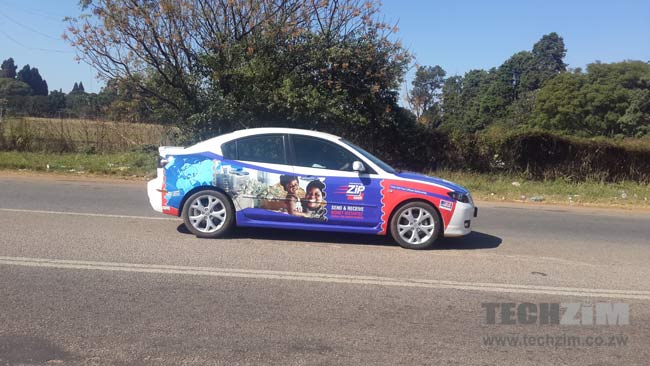The local postal services company, Zimpost, hardly makes a lot of noise about its remittance service Zipcash (not to be confused with Indian mobile money company ZipCash). But the service has been on a steady paced growth, spreading into several countries in Sub Saharan Africa after its confirmed plans to move into West Africa last year.
Zipcash is now available in Tanzania and since last year it has also made a mark in Botswana, South Africa and Kenya offering its remittances option.
One would think though, that for a company that had relationships across the world from the heydays of Postal and Courier services, it would move quickly to close out the market for the likes of EcoCash and Mukuru.
The existence of the service is partly a testimony to that effort, as its cross border function is powered by a global network of post offices which are part of every post of civilisation.
From that perspective, the Zipcash service is a worthwhile mention against EcoCash, if you consider the numerous businesses which import and export from countries like Tanzania (the clothes retailers and car dealerships dominate here)
A significant number of these actually carry cash and convert it at various unofficial rates and shady bureau de change scattered along the bus ride to Dar es Salaam. This is a rather primitive and insecure means of conducting business, and it could be genuinely caused by ignorance of these alternatives.
However, Zipcash does not tally too well in costs against the more popular EcoCash option. EcoCash requires one to send cash via the Ecowallet for someone who has the EcoCash MasterCard companion card, which can then be cashed out or used from the wallet.
For a $1,000 transfer, the EcoCash charge is $7,96 and adding the MasterCard ATM withdrawal fees of $5, this brings the total to $12.96. The Zipcash option is a flat $30 for the same $1,000.
Locally, a $1,000 transfer attracts a $17 fee from Zipcash and from EcoCash a charge of $17.86 ($7.96 transfer plus $9.90 cash out). A smaller case of $500 still shows Zipcash cheaper locally, costing $8 against $8.93 from EcoCash.
For Zipcash you will need to travel to one of its 222 agents (it’s a Post Office agent network) as compared to the EcoCash Agents available at almost every business centre and corner.
With these metrics, how is Zipcash an option at all?
The Zipcash value proposition comes out as catering for remittances without the use of the mobile phone. This is a small but genuine market.
If security is a concern when traveling, or should you lose your phone and your EcoCash debit card in a foreign land, you can still make a call home and ask for someone to send you cash via Zipcash and give you the redemption code, which you can use to collect your money at the nearest Post Office. The same situation also works at home in Zimbabwe.
All in all, Zipcash is another money transfer option that has managed to add value to a core market (the service had 6 figure commissions in its first 3 months). This just shows that there is a sector of economically active consumers who are not snapping up these modern mobile money options and continue to conduct business from the good old post office.

3 comments
I signed up for the EW Mastercard in the misled belief that one could transact over the internet with it – this was not to be. I’d want to know if any bank can provide a card that allows one to open a PayPal account, like FNB in SA for instance. I have since cut up & thrown this useless card away. More inspired vapourware!
I use my card to book hotels etc. you just have to create a virtual card number. thats all.
Try the Fbc bank Mastercard, you can register it on PayPal and verify your account